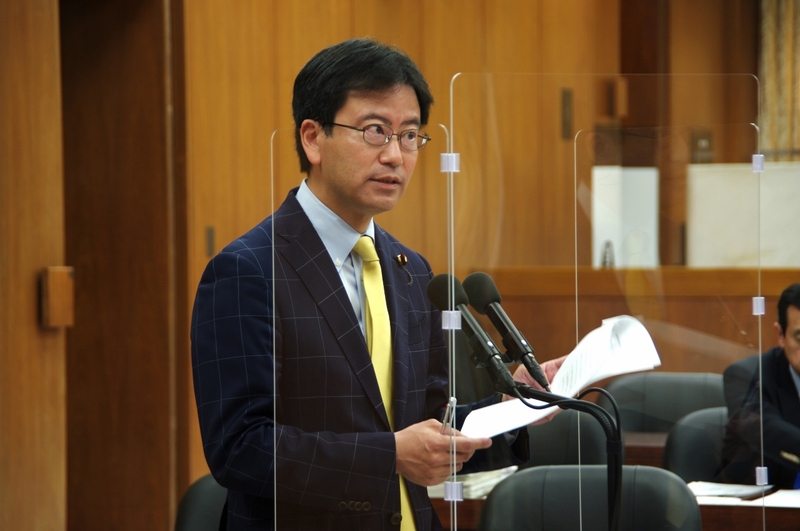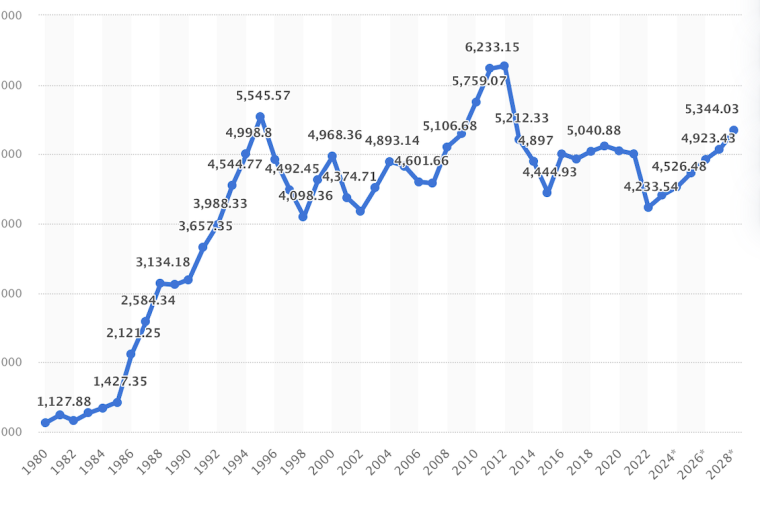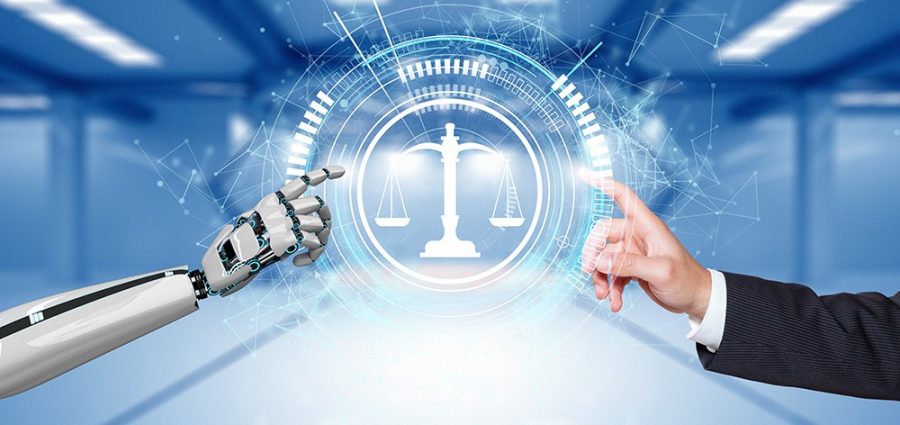
Unlike many governments across the world that are trying to determine whether or not web-scraped data for training large machine learning models such as ChatGPT infringe on copyrights, Japan already made a conclusion that it does not.
Japan takes a stance
In a session with the subcommittee of the Settlement Administration Oversight Committee, Japanese lawmaker Takashi Kii raised several questions some of which pertained to generative AI. “I asked questions about generative AI from two perspectives: copyright protection and use in educational settings,” Takashi wrote in his blog post.
Concerning the issue of copyrights, Takashi asked whether data used in training AI was in violation of copyright law. He said:
“First of all, when I checked the legal system (copyright law) in Japan regarding information analysis by AI, I found that in Japan, whether it is for non-profit purposes, for-profit purposes, or for acts other than duplication, it is obtained from illegal sites.”
In response, the Minister of Education, Culture, Sports, Science and Technology, Minister Keiko Nagaoka, clarified that the work can be used for information analysis “regardless of the method, regardless of the content”, indicating that Japan’s laws won’t protect copyrighted materials used in AI datasets.
Japan recently reaffirmed that it will not enforce copyrights on data used in AI training.
The policy allows AI to use any data “regardless of whether it is for non-profit or commercial purposes, whether it is an act other than reproduction, or whether it is content obtained… pic.twitter.com/Vf54AhcEqg
— hardmaru (@hardmaru) June 1, 2023
Takashi also went on to question the guidelines for the usage of AI chatbots such as ChatGPT in schools, which creates its own set of issues, given that the tech is apparently expected to be used by the education system as soon as March 2024.
“Regarding the clarification of the guidelines for the educational site planned by the government, I asked that it should be done before the summer vacation considering the impact on children, but Minister Nagaoka answered “as soon as possible”,” Takashi wrote adding that ”There was no specific answer regarding the timing.”
Japan’s conclusion has stirred mixed reactions from its citizens, let alone the world. Many creators of anime and graphic art are not pleased with the choice and are worried that AI might make their work less valuable.
On the other hand, the academic and business communities are putting pressure on the government to take advantage of Japan’s lax data protection regulations in order to lead the world in AI.
Japan has the third-largest economy in the world, but since the 1990s, its growth has been sluggish. According to data from Statista, Japan’s economic growth has stagnated in recent decades following a period of rapid growth in the post-WWII era, with figures fluctuating between four and 6.2 trillion U.S. dollars since the 1990s.
Japan’s GDP 1980-2028

In the G-7, Japan has the lowest per-capita income. If the country were to leverage this choice and effectively apply AI, its GDP may increase by 50% or more in a short period of time creating a promising future for Japan.
AI vs Copyright Laws

Even globally, the emergence of AI platforms has created a murky legal landscape and numerous lawsuits have given rise to concerns about copyright infringement and the legality of holding AI models accountable for using existing copyrighted data to train their generators.
In the US, for instance, such cases have already been presented in court by various creators and artists who claim that creators of generative AI models used the artists’ original works without their permission to train the AI in their styles, enabling users to produce works that can be classified as unlicensed derivative works.
However, AI companies have argued in their defense that the content qualifies for the U.S. copyright “Fair Use” law, a U.S. doctrine that permits companies to use limited copyrighted data without the need to obtain explicit permission from original creators.
As a result, the doctrine has undergone assessment by the United States Supreme Court which could have significant repercussions for generative artificial intelligence (AI) models.
On the other hand, the Israel Ministry of Justice has issued an important opinion concluding that the use of copyrighted materials in the machine learning (ML) context is permitted under existing Israeli copyright law.
Meanwhile, in Isreal 🇮🇱
Israel Ministry of Justice Issues Opinion Supporting the Use of Copyrighted Works for Machine Learninghttps://t.co/4vd3KO9aH9
(h/t @laion_ai @Dan_Jeffries1) pic.twitter.com/K34DXNdDOe
— hardmaru (@hardmaru) June 1, 2023
It is yet to be determined how the rest of the world will rule concerning this technology with regard to copyright laws. All in all, it is certain that those countries that embrace AI and decide that it does not violate the laws will be able to leverage it, fast-track their economies, and potentially dominate the AI industry.
Related articles:
- Best AI Text Generator
- EU Wants Companies to Label AI Content Amid Rising Disinformation
- OpenAI Is Launching a $1 Million AI Cybersecurity Initiative to Fight Its Own Misused Tech
What's the Best Crypto to Buy Now?
- B2C Listed the Top Rated Cryptocurrencies for 2023
- Get Early Access to Presales & Private Sales
- KYC Verified & Audited, Public Teams
- Most Voted for Tokens on CoinSniper
- Upcoming Listings on Exchanges, NFT Drops